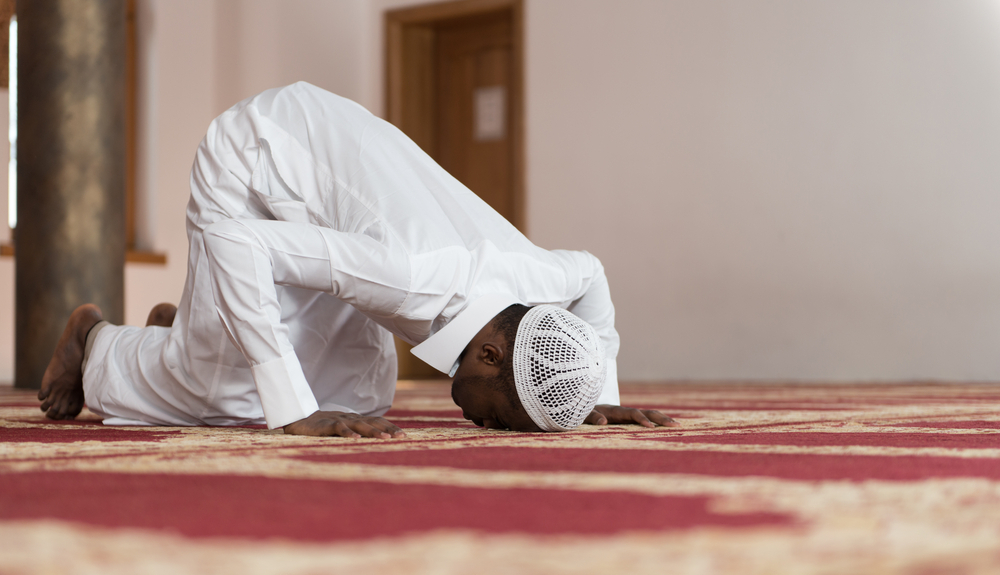Is My Prayer Valid If Performed More/Less around 3–5 Minutes than the Actual Prayer Time?
Hanafi Fiqh
Answered by Shaykh Abdul-Rahim Reasat
Question
I have been using an azan app that calls out the azan at a particular time of prayer, but sadly I noticed only now, that the azan time in this app is more/less by 3-5 mins than the actual prayer time. I feel worried that my prayers are invalid. Usually, when the azan app calls out the azan, I take around 10 mins from that time to perform wudhu and then offer salat. Because of this, can I consider my prayers to be valid?
Answer
I pray you are well.
Yes, you can assume that your prayers have all been valid. You said you take about 10 minutes to actually pray, so all of your prayers will have been in the proper time. Bear the discrepancy in mind in the future for peace of mind.
The Virtue of Praying on Time
May Allah Most High reward you for your concern for the prayer. Doing your best to perform it on time is one of the greatest of deeds. Abdullah b. Masud (Allah be pleased with him ), one of the earliest to accept Islam, and one of the most learned of the companions once asked the Prophet (Allah bless him and give him peace), “Which deed is most beloved to Allah?” The Prophet (Allah bless him and give him peace) said, “The prayer in its time.” [Bukhari; Muslim]
Deed promised for a particular work, and descriptions such as this indicate that these works are a sure means of getting closer to Allah Most High. May Allah Most High allow us to benefit from them fully.
[Shaykh] Abdul-Rahim Reasat
Checked and Approved by Shaykh Faraz Rabbani
Shaykh Abdul-Rahim Reasat began his studies in Arabic Grammar and Morphology in 2005. After graduating with a degree in English and History he moved to Damascus in 2007 where, for 18 months, he studied with many erudite scholars. In late 2008 he moved to Amman, Jordan, where he continued his studies for the next six years in Sacred Law (fiqh), legal theory (Usul al-fiqh), theology, hadith methodology, hadith commentary, and Logic. He was also given licenses of mastery in the science of Quranic recital and he was able to study an extensive curriculum of Quranic sciences, tafsir, Arabic grammar, and Arabic eloquence.
